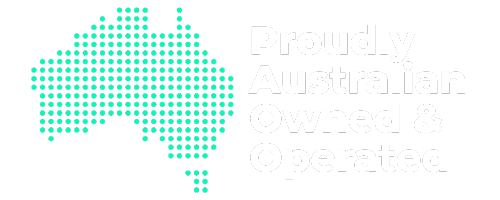The age-old saying, ‘Don’t mix pleasure with business’, applies in most professional situations, but when it comes to goal setting, you’ll naturally want to do the complete opposite.
If you’ve launched your own business or you’re a hustling entrepreneur, it’s likely that the idea for your business stemmed from a personal desire, want or need, so you’ll be wholly invested in it.
Writing both a personal mission statement and a professional mission statement mightn’t be high on the priority list when there are emails to read, calls to be made, and meetings to be had, but it is critical to growth, personally and professionally.
Writing a personal mission statement is all about goals and future-thinking, and writing a meaningful statement isn’t something you rush either. A conscious personal mission statement is something you flesh out over a few hours, come back to, gain clarity on and often revisit.
It’s essential to differentiate professional and personal goals as your business grows too, but when you live, love and breathe your own business, it can be challenging. When you understand your own values and the values and goals of your business, you can make the right plans to move forward and grow, or make quick decisions when the time calls for it.
Steven Covey refers to developing a mission statement as “connecting with your own unique purpose and the profound satisfaction that comes from fulfilling it.” Steven is a wise man, and we’ve taken a leaf out of his book to help you define your professional and personal goals.
- Identify your past success.
When you recognise your past achievements, you can set the right goals for your future successes.
Nothing is impossible, and everything is achievable when you’re aware of your capabilities and your strengths, and you know what you have to do to improve them or use them to achieve your goals.
- Define what is important to you.
We all want different things, and we all enjoy different things.
When you’re clear about what you want in life and what’s important, you can create a clear action plan about how to get it. Some of us want millions of dollars, and some of us want more hours in the day with our family; whatever it is for you, be honest with yourself.
- Think about your obituary.
It sounds grim, but it’s not. Think about what you want people to say about you when you’re old and grey, and you’ve lived your life.
Think about how you want people to remember you, and how they’ll feel about you. When you think about other people’s reflections of you, it’s easy to shape your personal and professional life in a way you want it to be remembered by others.
- Think about other people.
You can’t take money with you when you die, but you can sure as hell enjoy it while you’re alive.
You can also make other people’s lives better with it too. Think about other people, and how you can positively impact their lives through your personal endeavours and professional achievements.
Think about your community, your family, your friends, your employer or the world in general.
- Write it down.
Like any goals or missions, they work best when they’re written down, regularly revisited, and often updated.
Write down your personal mission statement and reflect on it every now and again. If you’re feeling disconnected from it, re-write it. If you’re not feeling fulfilled by your goals, change them.



